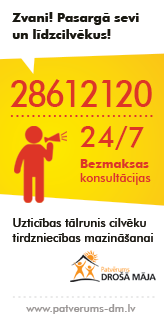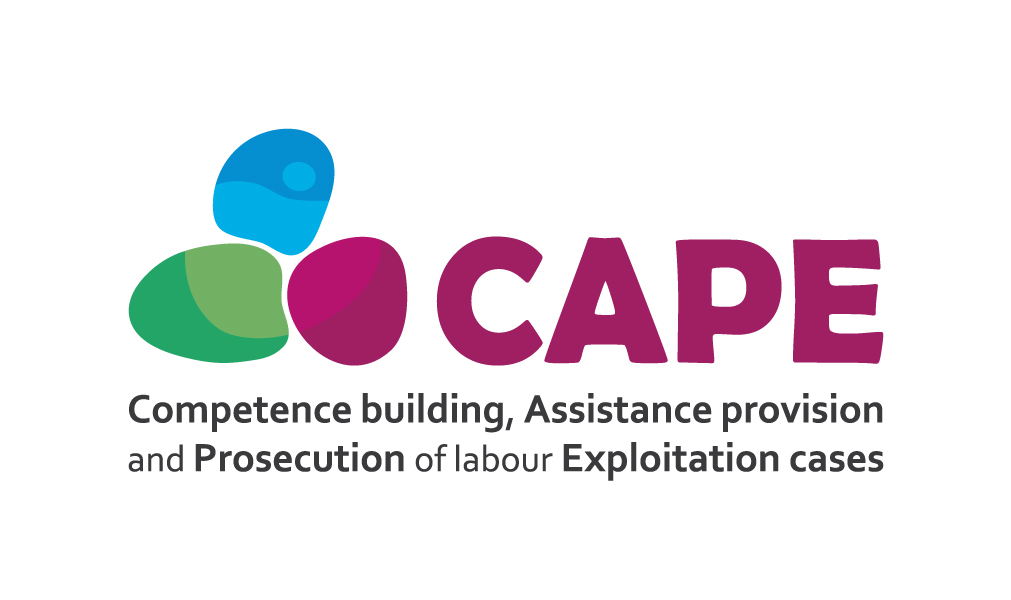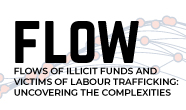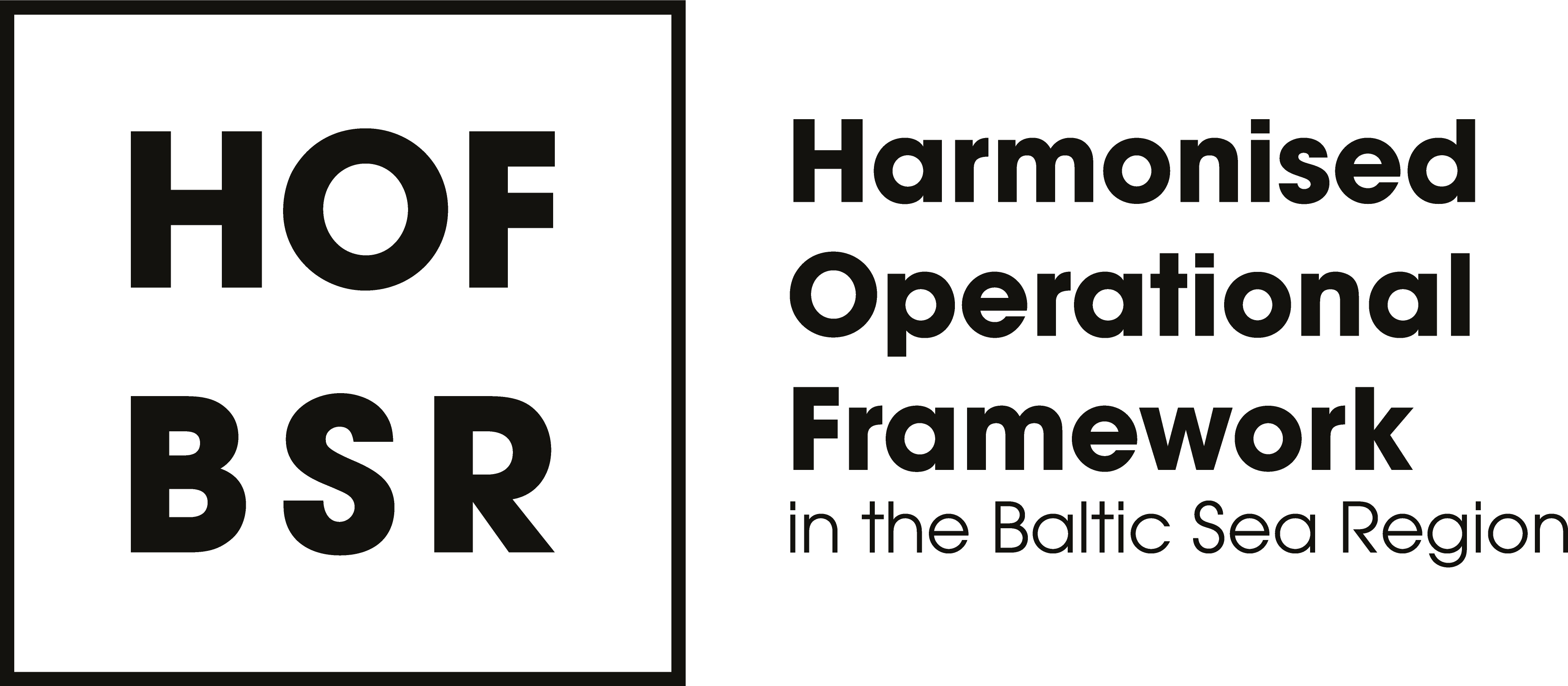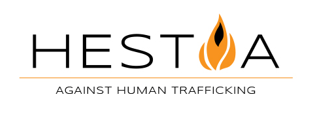
Latvia was represented at the conference by a delegation of competent institutions (Ministry of the Interior, Ministry of Justice, State Police, Office of the Prosecutor General, City of Riga Latgale District Court, Permanent Mission of the Republic of Latvia to the UN, OSCE, and other international organisations in Vienna), thus attesting to Latvia’s interest, readiness and aspirations in ensuring effective measures and interinstitutional cooperation in the prevention and combatting of human trafficking.

From left: Salvis Rūtiņš, Sintija Dzalbe, Lāsma Stabiņa, Baiba Jakobsone, Armands Lubarts
The conference was opened and the participants of the conference were addressed by Ambassador Madina Jarbussynova, OSCE Special Representative and Co-ordinator for Combatting Trafficking in Human Beings, Eberhard Pohl, Chairperson of the Permanent Council of OSCE, Lamberto Zannier, OSCE Secretary General, and Maria Grazia Giammarinaro, United Nations Special Rapporteur on trafficking in persons, especially in women and children. During the opening speeches of the conference the main emphasis was placed on the strengthening of efforts in preventing and combatting trafficking in human beings, strengthening of interinstitutional cooperation on a national and international level, connection between social and legal matters and trafficking in human beings for the purpose of forced criminality, national and international challenges in the prosecution, observation and guaranteeing of the rights of victims of human trafficking, identification of victims and the provision of assistance to them, as well as matters related to the forcing of underaged persons, who are the most vulnerable and unprotected group of society, to commit crimes.
One of the main challenges of the investigative authorities – seeing a crime within a crime. Forced commitment of a crime is one of the forms of human trafficking that is the most difficult to identify; it is hard to see a causal relationship between human trafficking and the crime committed by the victim of human trafficking. There is a trend of families exploiting their children. These children do not feel like victims, as they think that they are a part of the “family business”.
Sham marriages – a common form of human trafficking
During the conference the Latvian delegation provided information on its successful practice in combatting human trafficking for the purpose of the conclusion of sham marriages and in the implementation of the international project “Preventing Human Trafficking and Sham Marriages: A Multidisciplinary Solution” (HESTIA)*. By foreseeing criminal liability for ensuring a person with a possibility to legally acquire the right to stay in the Republic of Latvia, another member state of the EU, member state of the European Economic Area or in the Swiss Confederation in bad faith, Latvia has ensured the possibility of calling the following persons to justice: persons who organise and support sham marriages, recruit persons for the conclusion of sham marriages, as well as the persons who knowingly agree to marriages that are not aimed at establishing a family but at ensuring third country nationals with the possibility to legally acquire a residence permit in the European Union. The respective regulatory framework achieves a preventive objective – the person has to assess the possible benefits of the deal, as well as its legal consequences. Therefore the possible risks of human trafficking are also decreased. According to Section 154.2 of the Criminal Law, in Latvia human trafficking for the purpose of concluding a sham marriage is qualified as the compulsion of a person to provide a service if the aim of the crime is the receipt of a residence permit, whereas, if the aim is to obtain a person (a “wife”), then the respective crime is qualified as a form of slavery. During the speech the participants of the conference were informed that the research is being carried out within the framework of the HESTIA project, and it will provide a common understanding and recommendations for coordinated and efficient actions of the European Union member states in order to prevent human trafficking for the purpose of sham marriages. Speech in English is available here<<
A representative of the Cyprus Police provided information on human trafficking for the purpose of sham marriages. Sham marriages in Cyprus are organised by organised criminal groups. The women who are brought to Cyprus are citizens of the European Union who come mainly from Latvia, Romania, and Bulgaria; they are not educated, are in a vulnerable position, and they are brought there fraudulently and are deceived about the actual working conditions in Cyprus. After arriving in Cyprus the women are housed with their future husbands, their personal identification documents are taken away, they are informed about the true reason for them coming to Cyprus, i.e. to get married to a third country national, and the women are subjected to constant control. The representative from Cyprus admitted that the involved authorities have indicators proving that the system is being misused, but they are not able to link it to human trafficking.
Policy recommendations for combatting trafficking in human beings for the purpose of forced criminality
It is necessary to ensure comprehensive training of policemen, public prosecutors and judges regarding trafficking in human beings for the purpose of forced criminality in order for it to be possible to identify the crime of human trafficking within another crime, especially in cases when the victims are kept at a temporary custody or imprisonment institution and are subjected to prosecution or are tried for crimes committed. It is difficult to identify victims of human trafficking who commit crimes because the investigation of human trafficking falls within the competence of specific structural units of law enforcement institutions, and usually “ordinary” police workers are the ones who are the first to come into contact with victims of human trafficking who commit crimes, since the crimes that are committed by victims of human trafficking are often related to theft, robbery, fraud, smuggling etc. In such cases the “ordinary” police workers might have problems with the identification of human trafficking. Special emphasis was placed on the role of public prosecutors and judges, as well as the need to improve their understanding and professional capacity regarding the application of the non-punishment principle, i.e. not punishing victims of human trafficking for crimes that have been committed by them while being subjected to human trafficking.
*Project "Preventing human trafficking and sham marriages: A multidisciplinary solution" (HESTIA) is being implemented by Directorate General of Home finance of European Commission (EC) "Prevention of and Fight against Crime Programme". Grant Agreement Nr. HOME/2013/ISEC/AG/THB/4000005845. #HESTIA_THB
